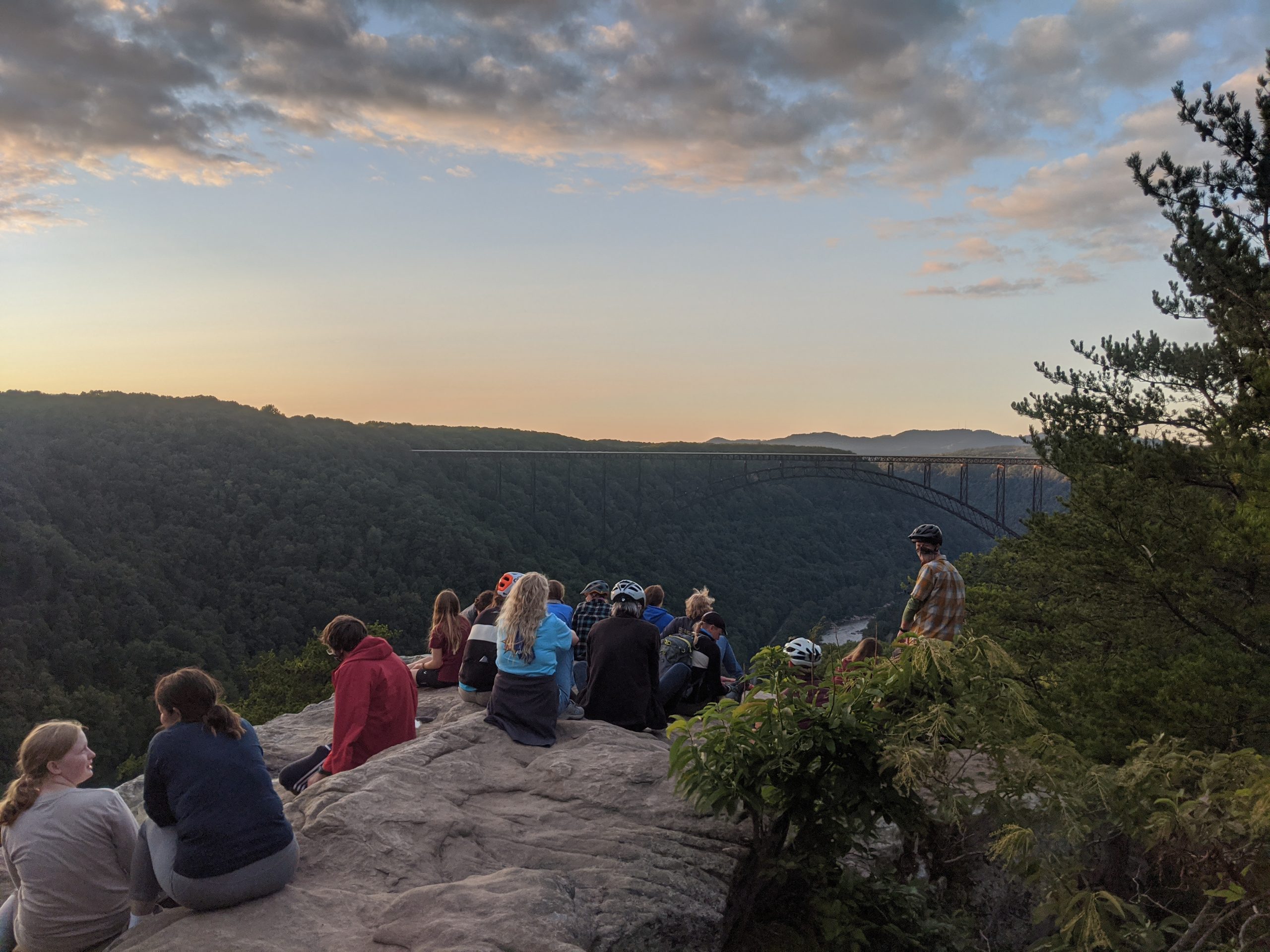The New River Gorge will now join the ranks of the Great Smoky Mountains, the Blue Ridge Parkway, and Shenandoah Valley as a national park. The New River Gorge National Park, which covers 73,000 acres surrounding the gorge, was created as part of the COVID-19 Relief Bill passed in December. This followed the Great American Outdoors Act, with rare bipartisan support, that permanently funded the national parks.


The announcement of the National Park is expected to mean a boost in outdoor recreation tourism across the surrounding areas of the Gorge. Fayetteville, West Virginia already stands out as a hub for white water recreation, hiking, and climbing. A committed group of West Virginians have also developed the land as a mountain biking area.

The park will absorb the areas that were formerly in the National River historic sites, which include a plethora of ghost towns connected to the coal industry.
Nuttallburg especially represents the coal and steel era with its massive intact tipples and structure. Driving to Nuttallburg is a feat itself as the route winds down a gravel road from Winona to the base of the gorge. Many folks prefer to hike or bike to the ghost town.
Annie Chester wrote about this rusted legacy in Nuttallburg in a previous expatalachians article on vertical integration:
Nuttallburg is an example of backward vertical integration. As a car manufacturer, Ford needed coal to power production plants and steel to build cars. Nuttalburg had coal and Ford leased the town after visiting in 1921. The Fordson Coal Company—under the supervision of Ford’s son, Edsel—updated and used the mine before the impossibility of controlling the railroad made it impractical for the company to keep. After Ford sold the mine in 1928, three owners continued operations until coal production ended in 1958.

These ghost towns today consist of fewer than 10 residents in some. Thurmond, West Virginia is one of those towns that is still widely accessible. It has a visitor center and an Amtrak stop.
The new National Park will wind around these private homes and grounds. It will border the considerably sized Bechtel Summit Reserve, a Boy Scout hub that has hosted international and national events since its inception.

The recreation corridor stretching from the Gauley River to the New River will likely see a boost in visitors and interest. Like many places in Appalachia, southern West Virginia’s economy has struggled to adapt, often being left behind by major areas. Reviving small towns will require sweeping policy changes, local know-how, and boosts like this National Park move.

Subscribe to The Patch, our newsletter, to stay up-to-date with new expatalachians articles and news from around Appalachia.
Alena Klimas is a trail and outdoor recreation enthusiast and writer based in western North Carolina. Klimas is a trail runner and mountain biker. She is a cofounder of expatalachians.


